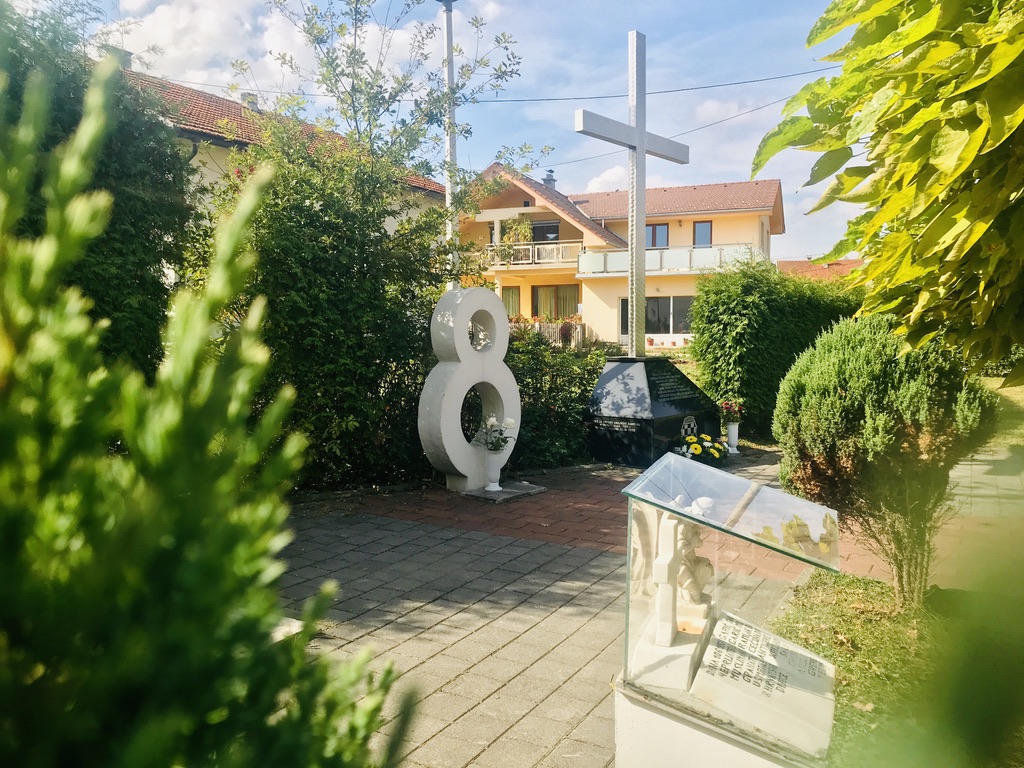
Extraordinary Commissioner for Agrokor, Ante Ramljak (R)
When Croatia’s government recently took over the administration of its largest firm – Agrokor – that employs some 60,000 people it also took over the solving of the company’s six billion dollars in debt. A possible collapse or bankruptcy could bring the new government that’s at the moment barely holding onto life down with it – unless a miracle happens in a way of new and substantial investments that would create significant number of jobs or consolidate those in jeopardy.
Agrokor – which began as a flower-growing operation in a single greenhouse in former Yugoslavia in the 1970s – underwent an expansion drive over the past decade that saw it run up debts to creditors and suppliers of 50 billion kuna (about 6 billion euros).
Moody’s is quite upbeat:”In the short run we don’t anticipate a complete suspension of business activities, given the importance of Agrokor’s domestic supermarket network and other activities, as well as the standstill agreement with creditors,” it said in a recent report.
But an earlier Moody’s forecast was for Agrokor’s adjusted (gross) debt to EBITDA Earnings Before Interest Taxes, Depreciation, Amortisation) to hit 6x at the end of 2017, or 6.8x including PIKs (payments in kind, see below).
Even in the liquid retail sector and immature markets such as Croatia, this debt-to-EBITDA ratio is dangerously high, placing Agrokor’s bonds in ‘junk’ status.
Furthermore, this still rather dire scenario also assumes that Agrokor will be able to stem the erosion of its EBITDA, which fell by 9.6 percent to 3.02 billion kunas (400 million euros) in the first nine months of 2016.
Standard&Poor’s rated the company ‘CC’ in March of this year, one notch above ‘Selective Default.’ If the company is unable to meet payments on bonds that are imminent – the next is August 1 – it will officially default.
Agrokor has three major bond issues outstanding, with a total face value of 925 million euros: a 300 million euro bond due in 2019 and two notes that mature in 2020, one for 325 million euros and the other for 300 million euros.Bondholders reportedly include T Rowe Price and Axa.
The collapse in Agrokor’s bonds means they now yield more than about 20 percent across the capital structure.
This is in fact a decent return for junk bond investors, especially if one takes into account this is a company that has been seen as too big to fail and has been historically so politically well-connected.
The company’s crisis is a “typical combination of fast expansion, overinvestment, low profitability and high-cost borrowing, which resulted in not enough cash flow to service its credit obligations,” Financial consultant Andrej Grubisic told Politico.
“It has become an example of the unclear links between business and politics in the Balkans,” Mus says.
If the agreement with the banks collapses and the government steps in to provide the 300 million euros in liquidity needed, it would widen the government deficit by around 0.6 percentage points to an estimated 2.8 percent of GDP, from 2.2 percent in the current forecast.
Such support would also have to be in line with EU state aid rules and it is not clear what this might entail.
Meanwhile, trading at about a third of their face value, the company’s euro-denominated notes are reportedly an “interesting” proposition for speculators.
Russian investors are reportedly eagerly looking for higher returns in Agrokor’s distressed bonds. Sanctions imposed by the US and EU have stopped some of the biggest companies from issuing new debt since 2014, leading a lack of supply. “Agrokor is the new game in town “for Russian investors, Aleksej Gren, a fixed-income analyst at Exotix in London, told the Bloomberg news agency recently.
Prime Minister Andrej Plenkovic and finance minister Goran Maric both probably know the old-style comfy alliance of business and politics in Croatia is dieing out. But shining light into the dark corners of this opaque world may reveal even more unpalatable truths for these torch-carriers of the brave ‘new Croatia.’
Agrokor and all the companies in the Group have published last weekon their websites an invitation to creditors to report their claims, as well as the accompanying procedure and documents according to Law for the Extraordinary Administration for Companies with Systemic Importance for the Republic of Croatia. The creditors are invited to report their claims to the Extraordinary Trustee within 60 days since the Extraordinary Administration procedure over Agrokor was activated. The timeframe for claim reporting started on 10 April 2017 and lasts until 9 June 2017.
Agrokor this week was unable to pay its existing loan interest dues and it is abundantly clear that without a sizeable new loan the company will crumble. Or perhaps be bought by new investors and saved?
In the wake of last week’s political crisis, while it achieved the success of electing a new parliament Speaker – Gordan Jandrokovic – the current political surrounds in Croatia are charged with speculations as to whether the government will be able to form a governing majority in parliament. If not then snap elections are inevitable for Autumn or even earlier. Ina Vukic








Leave a reply to arewq45 Cancel reply